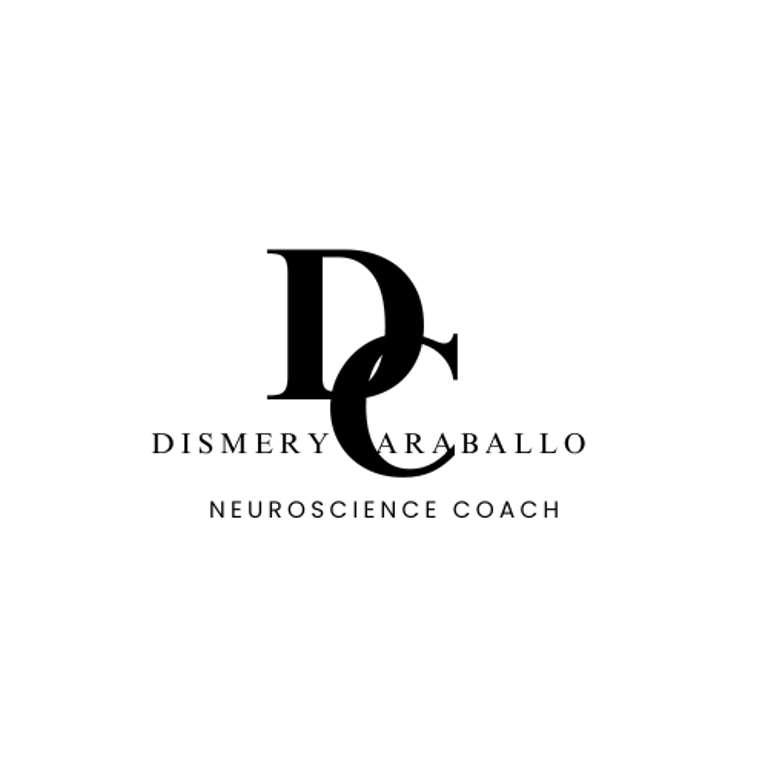Rewiring Your Dating Brain: How Neuroplasticity Can Transform Your Love Life
Neuroplasticity, a fundamental principle of neuroscience, refers to the brain's remarkable ability to adapt and reorganize itself throughout an individual’s life. This phenomenon occurs through the formation of new neural connections in response to experiences, learning, and environmental changes. In the context of love and relationships, understanding neuroplasticity is vital because it presents an opportunity to rewire our relationship mindset. This adaptability suggests that the way we think about love and how we react in relationships can be reshaped through a concerted effort over time.


Understanding Neuroplasticity in Relationships
Neuroplasticity, a fundamental principle of neuroscience, refers to the brain's remarkable ability to adapt and reorganize itself throughout an individual’s life. This phenomenon occurs through the formation of new neural connections in response to experiences, learning, and environmental changes. In the context of love and relationships, understanding neuroplasticity is vital because it presents an opportunity to rewire our relationship mindset. This adaptability suggests that the way we think about love and how we react in relationships can be reshaped through a concerted effort over time.
Research in psychology has demonstrated that our thought patterns significantly influence how we engage with partners. When negative thought patterns, such as fear of intimacy or recurring insecurities, dominate our interpretations of love, they can hinder emotional bonding and lead to unhealthy dynamics. However, by recognizing and employing brain training for love—strategies designed to cultivate healthier thoughts and beliefs—we can proactively alter our emotional responses. For instance, cognitive-behavioral strategies can help individuals reframe their perspectives on past heartbreaks, promoting resilience and fostering a more secure attachment style.
Moreover, studies have revealed that regular practices like mindfulness and positive affirmations can facilitate neuroplastic changes. Engaging in such practices encourages the development of new neural pathways that reinforce positive relationship behaviors. By embracing the concept of neuroplasticity, individuals can break free from negative relationship cycles and move towards healthier interactions. Ultimately, this understanding empowers individuals to take control of their love lives, enabling them to dismantle limiting beliefs and cultivate a more fulfilling relationship mindset.
Identifying Limiting Beliefs About Relationships
Limiting beliefs about relationships are mental barriers that can hinder an individual's ability to connect deeply and meaningfully with others. Examples of such beliefs include fears of commitment, feelings of unworthiness, and fears of rejection. These perspectives are often rooted in personal experiences, societal expectations, and cultural narratives. For instance, an individual who witnessed tumultuous relationships during childhood may develop a belief that all committed partnerships are destined to end in pain, leading to anxiety surrounding their romantic endeavors.
Self-awareness in dating plays a crucial role in recognizing these limiting beliefs. Engaging in introspection allows individuals to examine the underlying thoughts that inform their behaviors. It is essential to acknowledge moments when negative beliefs arise, such as hesitance to enter a relationship due to fear of being hurt or believing they are unworthy of love. This self-reflection can be facilitated through journaling, therapy, or open discussions with trusted friends, all of which provide valuable insights into one's mental frameworks about relationships.
Additionally, societal influences often exacerbate negative beliefs. Media portrayals of love and relationships can foster unrealistic expectations or instill a fear of abandonment and rejection. By deconstructing these narratives, one can begin to liberate themselves from inherited beliefs that do not serve their well-being. Overcoming relationship fears requires not just the identification of these beliefs but also an active confrontation of them. Challenging and reframing negative thoughts into positive affirmations can empower individuals to take proactive steps toward healthier romantic connections.
Ultimately, bringing limiting beliefs to light is an essential step in rewriting personal narratives and fostering relationships grounded in love, trust, and mutual fulfillment.
Techniques to Rewire Your Dating Brain
Rewiring your dating brain involves adopting effective techniques that can help foster healthier relationship beliefs and habits. By incorporating brain exercises for love into your daily routine, you can start to create new mental pathways that promote positive interactions with potential partners. One powerful approach is cognitive behavioral therapy (CBT), which focuses on identifying and reconstructing negative thought patterns related to dating and relationships. Through CBT, individuals can challenge debilitating thoughts and replace them with more constructive beliefs, ultimately improving their dating experiences. Click here
Another effective technique is the use of positive affirmations. By regularly repeating affirmations that reflect your desired relationship outcomes, you can cultivate a nurturing mindset. For instance, phrases like "I am deserving of love" or "I attract positive relationships" can shift your focus from self-doubt to self-empowerment. Consistency is crucial—practice these positive affirmations daily, preferably in front of a mirror, to reinforce your belief in them.
Mindfulness in relationships is also instrumental in rewiring your dating brain. Practicing mindfulness involves being fully present in your interactions, which allows you to respond thoughtfully rather than react impulsively. You can incorporate mindful meditation sessions into your routine, focusing on your breathing and observing your thoughts without judgment. This practice can increase your awareness of patterns in your dating behavior, helping you to make more intentional choices.
Visualization techniques serve as another valuable strategy. By mentally picturing successful and fulfilling relationships, you can foster a more optimistic outlook on love. Spend a few minutes each day visualizing positive dating scenarios, allowing yourself to experience the accompanied emotions fully. Over time, these practices will assist in retraining your brain in dating, paving the way for healthier, more fulfilling connections.
Success Stories and Moving Forward
The application of neuroplasticity in love life has yielded remarkable transformations for many individuals. One such success story comes from Jessica, a 34-year-old marketing professional who struggled with confidence in her dating life. After learning about the principles of neuroplasticity, she began implementing daily affirmations and mindfulness exercises aimed at reshaping her self-perception. Within months, Jessica reported a significant improvement in her dating experiences, noting that positive changes in her mindset allowed her to connect with potential partners more authentically. Her ability to approach new relationships with curiosity instead of fear has led to fulfilling connections and even a promising relationship.
Another compelling account is from Michael, a 28-year-old teacher who previously found himself in a cycle of negative dating experiences. Through the neuroplasticity techniques highlighted in various resources, he focused on reframing his thoughts about past relationships. By journaling and actively recalling positive interactions instead of fixating on disappointments, Michael developed a healthier perspective on dating. His story illustrates the transformative power of understanding one's thought patterns and actively working to change them, leading to improved confidence and better relationship outcomes.
These success stories in dating exemplify the profound shifts that can occur when individuals engage with their neural pathways. It is important to note that change is not only possible; it is a practical outcome when utilizing neuroplasticity techniques. For readers seeking to embark on their own journey of relationship transformation, consider integrating mindfulness practices, cognitive restructuring, and continuous learning through available resources. The journey to rewire one's dating mindset may require patience and dedication, but the potential for profound change in your love life makes it worthwhile.
Remember, each step you take towards understanding and applying these insights can lead to a fulfilling future in your romantic endeavors.
